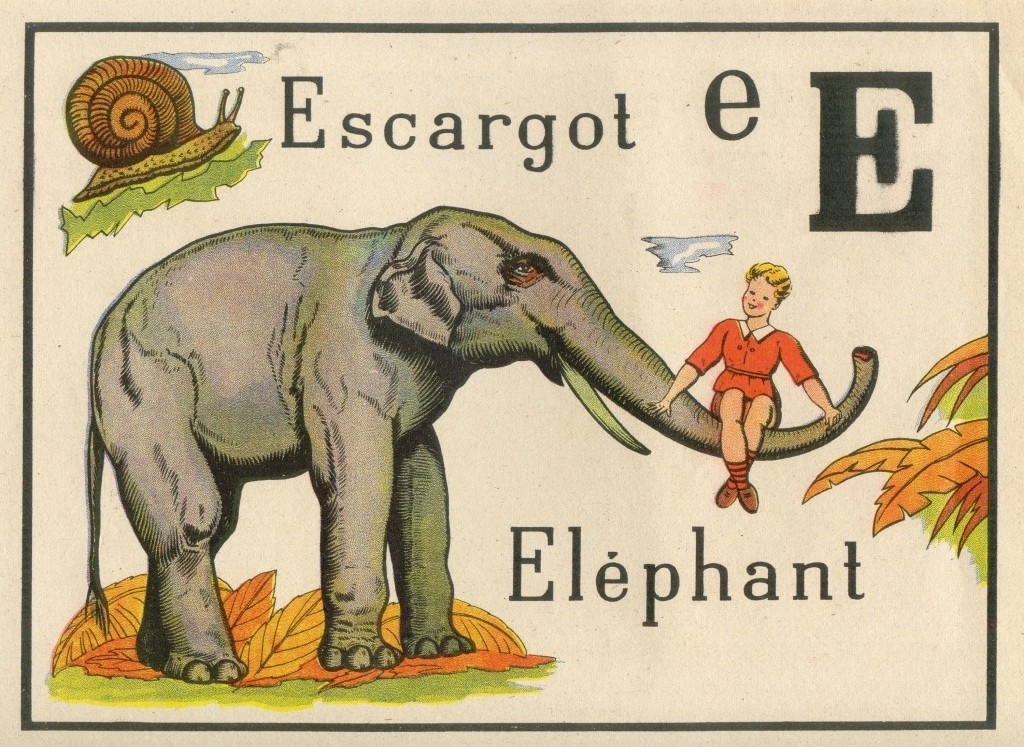We’ve all fallen into them! A few ‘faux amis’ to keep in mind.
Terrible vs terrible
A coffee table book about New York City sat in my parents’ living room when I was a child. It was a gift from visiting French-speaking Belgians, with a hand-written dedication in English: “Thank you for a wonderful stay in this terrible city.” I was perplexed by the adjective “terrible” used to describe my beloved hometown, which our friends seemed to enjoy. So I asked my Francophone mom to explain. Turns out, the adjective terrible in French can have a positive connotation, more similar to the English word “terrific.” But strangely, the French often use it in its negative form, too. When biting into a pre-packaged croissant, they might utter Ce n’est pas terrible. What they are actually saying is the croissant is not terrific, or, in other words, terrible!

Special vs spécial
Looking to impress someone special with your French? Think twice before telling them they are spécial. While “You’re special” will delight them in English, Tu es spécial may have them wondering about your true feelings. You’d essentially be telling them they are a weirdo. That’s right, spécial—when describing a person—means weird, quirky, strange, or odd. And hey, your someone special might be all those things. But we recommend the more endearing Tu m’es très cher/chère (You’re special/dear to me).

Actually vs actuellement
English speakers use the word “actually” to add information, start a new conversation, or correct misconceptions. The French equivalent is en fait. The next time someone mistakes you for a native French speaker, you can say En fait, je suis américain(e). The French actuellement does exist, but it means “currently,” as in Actuellement, je suis en vacances à Paris (I’m currently vacationing in Paris).
Who’s missing who?
One common mistake French learners make is the expression “I miss you.” The subject – I – is doing the missing and the object – you – is being missed. The French flip this logic around. The person being missed is the subject and the person doing the missing experiences the loss: Tu me manques, or literally, “you are missing from me.” When you find yourself longing for another trip to the City of Lights, you can sigh and say Paris me manque (I miss Paris). Paris was a part of your heart, but now that part is missing from you (just temporarily).
Can you say Loooooooouuuuuuvre?
Linguists estimate that in the some 7,000 languages spoken in the world, there about 1,000 phonemes. That’s the smallest unit of speech distinguishing one word from another. English has a mere 44, falling way short of Taa, spoken mostly in Botswana, which weighs in at 112. You might recall hearing a French person struggling to pronounce the “th” sound or an Italian who can’t distinguish between “ship” and “sheep.” That’s because those phonemes don’t exist in their native languages. One of the hardest phonemes for someone learning French to hear – much less pronounce – is the u sound. Can you distinguish between tu (you) and tout (all)? Dessus (above) and dessous (below)? If not, you’re not alone. Here’s a trick for pronouncing the u sound in French. Say the word “cheese” stretching out the “ee” phoneme as if someone were taking your picture. As you are pronouncing this long e, round your lips into a small o. Voila, you have the u sound!







